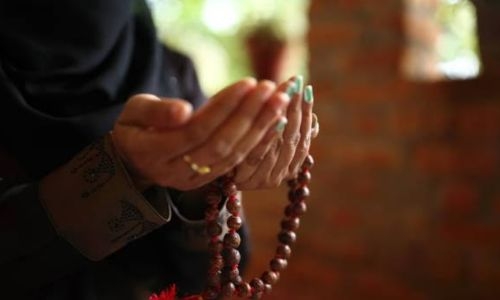The Cassation Court in Bahrain has recently overturned a previous ruling that had stripped a foreign mother of custody of her children due to her conversion to Islam. The court found the previous ruling to be flawed, as it unfairly questioned the mother’s religious conversion and the motives behind it. The case has been sent back to the High Appeals Court for a fresh ruling. This ruling comes after the mother had separated from her husband through mutual consent and had two children with him. The father had filed a lawsuit seeking to revoke her custody, claiming she was unfit due to her adherence to another religion.
In response to the father’s lawsuit, the mother filed a lawsuit asserting her right to custody, stating that the children were of an age suitable for maternal care and that she met the necessary conditions for custody. However, the court ruled in favor of the father, granting him custody of the children and dismissing the mother’s claim. Dissatisfied with this ruling, the mother appealed to the High Appeals Court, providing evidence to support her assertion of converting to Islam. Despite this, the High Appeals Court upheld the initial ruling, prompting the mother to seek recourse in the Court of Cassation.
The mother’s attorney argued that it would be in the children’s best interest to be with their mother, especially since she had converted to Islam and provided proof of her conversion. The Court of Cassation confirmed the initial ruling that the mother lost custody due to her adherence to a different religion than that of the children but noted that her conversion to Islam should not have been evaluated for legitimacy or motives. The court accepted the appeal and overturned the contested decision, referring the case back to the original court for reconsideration.
Overall, this case highlights the complexities that can arise in custody battles, especially when religion is brought into the equation. The courts have a responsibility to ensure that decisions are made in the best interest of the children involved, regardless of the parents’ religious beliefs. It is important for courts to uphold fairness and justice in such cases to ensure that the well-being of the children is prioritized above all else. By overturning the previous ruling, the Cassation Court has provided the mother with another opportunity to assert her rights as a parent and potentially regain custody of her children. It remains to be seen how the case will unfold in the High Appeals Court upon reconsideration.











